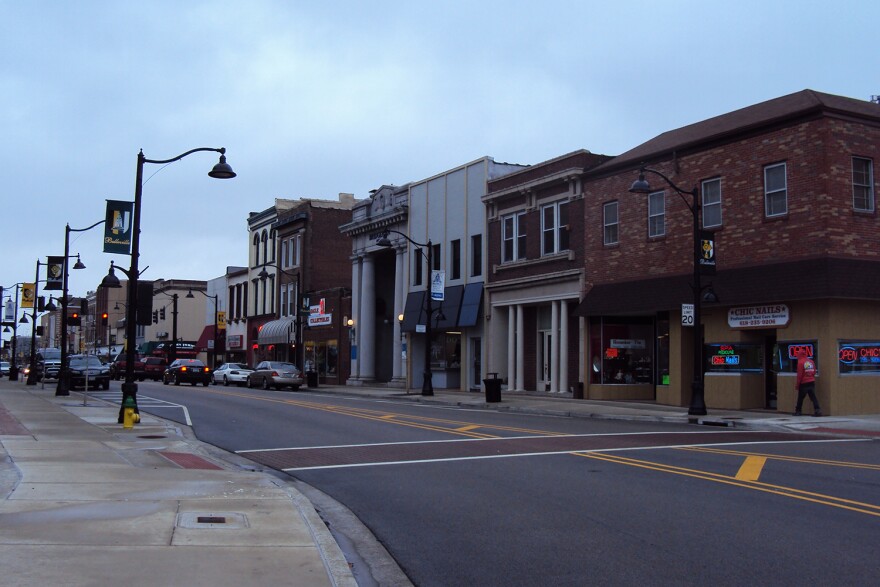BELLEVILLE — The city government has established a 22-person “Complete Count Committee” to increase the likelihood of an accurate headcount in the 2020 census.
The group isn’t formally affiliated with the official headcount, but it will work to engage and educate Belleville residents about the census and how to get counted, said Jennifer Ferguson, one of the 2020 census coordinators for the city.
“It’s just one component of the overall goal, which is for every resident in the City of Belleville be counted,” she said. “The more folks who get counted, the more resources the city has.”
The committee’s 22 members represent a cross section of the city, Ferguson said. Among its ranks are city government workers, school superintendents, leaders of community organizations — like Racial Harmony and the Interfaith Food Pantry — and community leaders.
Committee members were selected because they can engage with members the community who may be apprehensive about responding to the upcoming census.
“There’s sometimes just a general distrust of handing over information,” Ferguson said. “We’re trying to mitigate that by working with these voices in neighborhoods and communities to help build trust and educate our citizens.”
In addition to this committee, the city will launch a major communication campaign to reach people both online and in person and will host town hall meetings where people can learn what to expect from the census, she said.
Belleville’s plan for the 2020 census mirrors some of the ways Illinois plans to achieve an accurate count in the state, in that the city plans to connect with its residents in a sustained effort.
“We know that it takes about five to seven touches for people to be able to receive the message before that message becomes an activation,” said Oswaldo Alvarez, a 2020 Census Office director for Illinois. “The more they know what the stakes are, the more likely people are to go out and actually complete the census.”
Until March, Alvarez said, most of the work around the 2020 census will involve marketing.
“It’s having people learn what the census is, how they can fill it out, what are some of the questions that will be there,” Alvarez said. “After March, it's about setting stations up so that people can come in and fill it out.”
Why is the census important for Belleville?
The results of the census will determine how much money Belleville will receive from the state motor-fuel tax, state use tax and state income tax, Ferguson said.
“It’s all about revenue,” she said. “It comes down to being accurately counted so that the city can have the appropriate amount of resources it needs to provide public services like police and fire.”
Read more: Here’s What's At Stake With The 2020 Census In The Metro East
Those taxes are among Belleville’s largest sources of revenue and represent about $7 million annually for the city, Ferguson added. With that amount of money on the line, the city has targeted neighborhoods with lower response rates.
“There are certain parts of the city where we’re looking at 25%, 26%, 27% of the population are not responding to the census count,” Ferguson said.
The city’s geographic information system coordinator identified Belleville Wards 2, 3, 5, 6 and 8 as places that typically go undercounted, she said.
Eric Schmid covers the Metro East for St. Louis Public Radio as part of the journalism grant program Report for America, an initiative of the GroundTruth Project. Follow Eric on Twitter: @EricDSchmid
Send questions and comments about this article to: feedback@stlpublicradio.org





